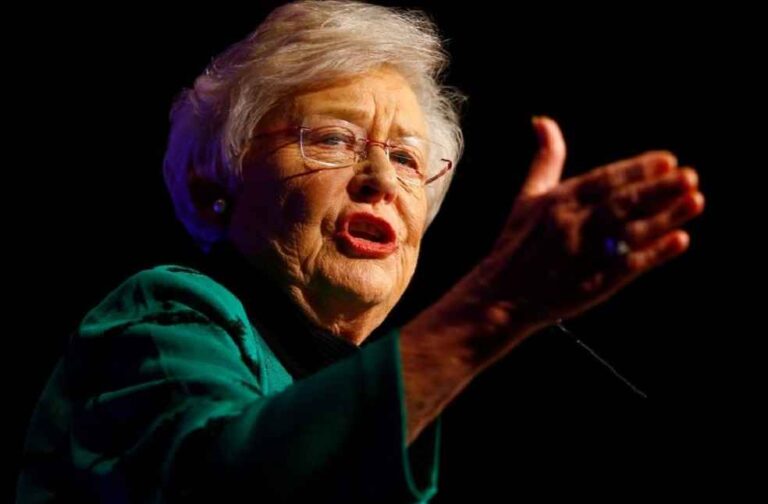Governor Kay Ivey vocally opposes union efforts within Alabama’s automotive sector, spotlighting escalating tensions in this dynamic industry. Her stance, driven by concerns over United Automotive Workers (UAW) targeting the state’s prosperous sector, advocates against union influences.
Alabama stands as a key player in U.S. automotive manufacturing, hosting giants like Mercedes-Benz, Honda, Hyundai, Toyota, and Mazda. Governor Ivey praises the workforce for their skill and compensation levels. Contrastingly, Alabama Arise, a nonprofit, reveals a different narrative. Their November 2023 study indicates a significant 11% wage drop for Alabama auto workers since 2002. Dev Wakeley from Alabama Arise highlights increasing turnover rates and a shift in perceptions regarding auto work as a lifelong career.

This divergence becomes more pronounced with developments at Tuscaloosa’s Mercedes-Benz plant. Here, a substantial fraction of workers have shown a keen interest in unionizing, evidenced by their signing of UAW authorization cards. This step is viewed as pivotal for workers seeking a stronger say in their work conditions.
Governor Ivey’s recent op-ed describes this scenario as a critical decision point for Alabama. She presents it as a choice between sustaining the state’s successful economic trajectory and yielding to external influences that could disrupt its business ethos.

Contrastingly, Wakeley underscores the significance of creating an industry where workers feel valued and financially secure, fostering a commitment to long-term employment.
As this debate escalates, Governor Ivey’s focus remains on education, workforce development, and economic expansion, staunchly resisting UAW’s influence. The UAW’s silence on requests for comments adds a layer of uncertainty, positioning Alabama’s automotive industry at a pivotal juncture between established economic practices and potential unionization shifts.
DON’T MISS | Indonesia’s President Widodo Sparks EV Wave with Vietnam’s VinFast Visit





